In this third installment of our yearly Simplexity series, we’re taking a deep dive into why our faith in Jesus Christ is so important and how it is a defensible approach to life and belief. We’re talking about apologetics, a word that means reasoned defense, and it’s based on the instruction from 1 Peter 3:15, “…But in your hearts regard Christ the Lord as holy, ready at any time to give a defense to anyone who asks you for a reason for the hope that is in you.” (CSB) So during this series, we’re learning 5 different methods for defending faith, examining the reasons why the Bible and the Christian faith are reasonable and understandable. While this series is designed to help you go deeper in your faith, it is also meant to be engaging with those who don’t believe and with those who are new to faith.
You’re invited to join Pastor Rob Willis and deacon Loren Bickford as they teach through this series, using tools based in the Bible, history, philosophy, modern-day, and (as always) lots of humor, to drive home great truths that will deepen and strengthen your faith!
Week One—June 13
The Best Tools for the Job
An Introduction to Apologetics
Week Two—June 20
Two Ways Towards One End—The Screwdriver
Classical Apologetics
Classical apologetics is typically a two-stage process. First, the apologist uses natural theology—cosmological, design, and moral arguments—to establish the existence of theism: a personal, moral, creator exists. Secondly, the apologist employs Christian evidences for the reliability of the Bible and the uniqueness and finality of Christ, which crucially involves his resurrection.
Week Three—June 27
Just Pound the Hammer
The Evidential Apologetic
Evidentialism emphasizes historical arguments (or Christian evidences) without necessarily employing natural theology. This has the advantage of directly referring to Christianity, instead of first establishing a more generic theism. This method favors a “minimal fact” approach to Christian evidences which argues for the historical reality of key aspects of the life of Jesus—such as his resurrection—instead of appealing to a general reliability of the New Testament as a whole.
Week Four—July 11
Sometimes You Have to Open It All Up—The Swiss Army Knife Approach
Cumulative Case Apologetics
Using all arguments at their disposal, this method says that Christianity makes the most sense of any other viewpoint. The cumulative case apologetic invokes a broad variety of various kinds of evidence to establish Christianity as the best explanation for a broad range of significant phenomena. This approach is similar to a lawyer making a brief, as opposed to a series of sequential arguments of the inductive or deductive sort.
Week Five—July 18
We All Need to Get Something Straight—The Level
Presuppositional Apologetics
Because of the impact of sin on the mind, the natural man doesn’t understand the things of God. The best approach is the approach that presupposes the truth of Christianity and the Bible. God is transcendent, and all meaning and thought and fact logically presupposes the God of the Bible. One must presuppose Christian theism in order to make any sense of the universe. In that way, the apologist should argue from God instead of to God. Special note: Everyone, regardless of their faith claims, makes presuppositions.
Week Six—July 25
You’re Born with the Gage—The Tape Measure
Reformed Epistemology Apologetics
Because of an innate sense of the divine, evidence is unnecessary for a belief in God. Therefore, the best offense is a good defense when it comes to apologetics. Defend against arguments and try to awaken within people their innate sense of the divine. This approach favors the use of natural theology, and is less certain that historical evidences give strong enough arguments to establish belief. Belief in the Christian God may be “properly basic”—that is, it need not depend on evidence or argument in order to be rational. One may simply find oneself believing in God and be within one's rational rights to do so, just we believe in the reality of the past without being able to prove it intellectually.


